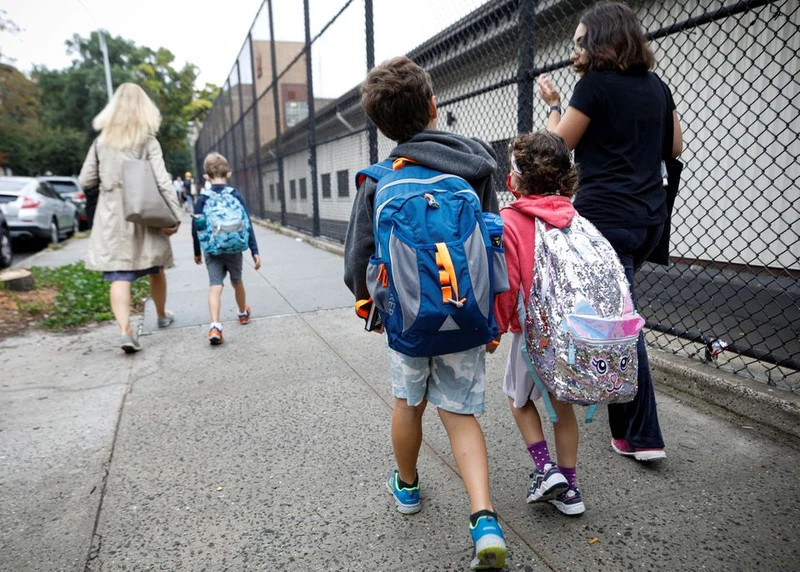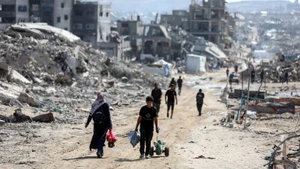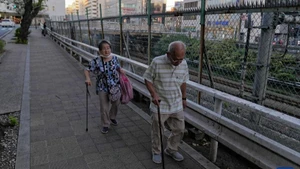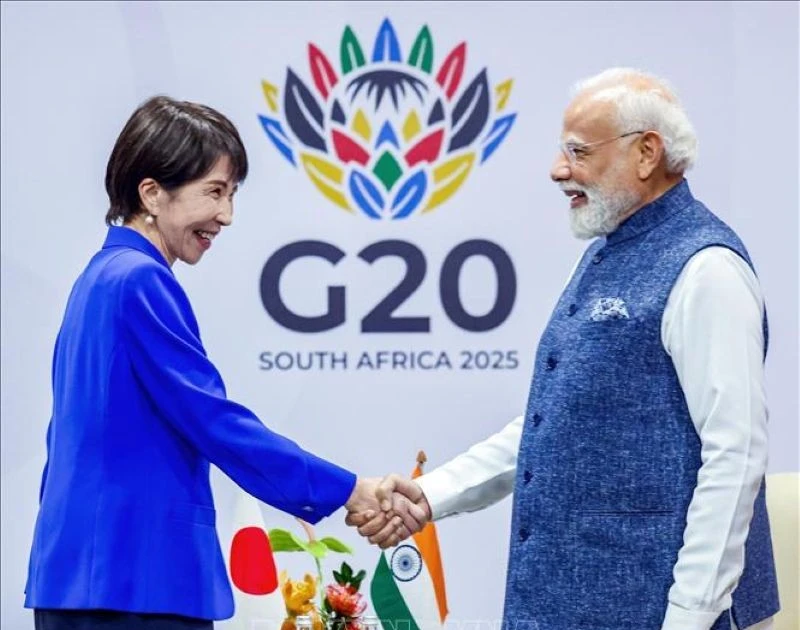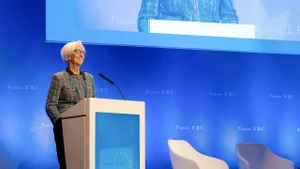A series of figures recently released by UNICEF reflect severe learning disruptions for children in countries that have been ravaged by conflicts. These are also places where children's rights are seriously violated.
Specifically, according to UNICEF, about 7.6 million children in Ethiopia have to drop out of school, due to the impact of natural disasters and conflicts. A total of 8,552 schools across the country, or nearly 20% of all schools in Ethiopia, have been partially or severely damaged.
Previously, UNICEF estimated that in Sudan, about 19 million children were forced to drop out of school, when armed conflict broke out in the country. At least 10,400 schools were closed in conflict-affected areas. It is worth mentioning that even before the conflict broke out in mid-April, nearly 7 million children in Sudan were not able to go to school.
In the Democratic Republic of Congo, fights in the eastern provinces disrupted the education of more than 750,000 children.
The lack of education has caused immediate consequences for children. Save the Children warned that if the war in Sudan continues, no child in this country will be able to return to school in the coming months. This will push children into a series of immediate and long-term dangers, such as being forced to relocate and recruited into armed groups, as well as becoming victims of violence or child labour.
According to Director General of the International Labour Organisation (ILO) Gilbert F. Houngbo, child labour has been increasing, with 160 million children working, accounting for nearly 10% of children worldwide.
Global educational inequality further widens gaps in access to education, in some regions of the world.
According to a UNICEF report, in some countries, children from poor families benefit less from national public education funds. Specifically, in middle-income countries, like Ivory Coast or Senegal, the richest students received around four times more public education spending than the poorest.
Even in rich countries, educational inequality remains a vexing problem. The above report states that in high-income countries, the richest students often benefit from public education spending 1.1 to 1.6 times more than the poorest students.
The shortages of teachers also occur in many parts of the world, seriously hindering efforts to educate future generations.
According to UNICEF, in Sudan, social services spending has plummeted, leaving teachers in most areas without salaries, since the outbreak of armed conflict. School supplies are lacking and facilities have not been maintained.
In countries where fighting and conflict are occurring, schools are no longer a safe and healthy environment for children to acquire knowledge, but become targets of attack by factions.
In the Democratic Republic of Congo, nearly 1,700 schools were forced to close due to prolonged insecurity.
Meanwhile, developed countries such as Germany, the US, and Canada are also struggling with teacher shortages, due to labour market disruptions caused by the COVID-19 pandemic, along with issues of salaries, wages and welfare.
Ensuring an equal and high-quality education for all is one of the United Nations' sustainable development goals. However, reality shows that the roadmap to achieving this goal is at risk of going off track.
UNICEF calls on countries to join hands to promote investment in children's education, putting children's rights at the centre of policies to ensure their future, as well as the future of the community.
